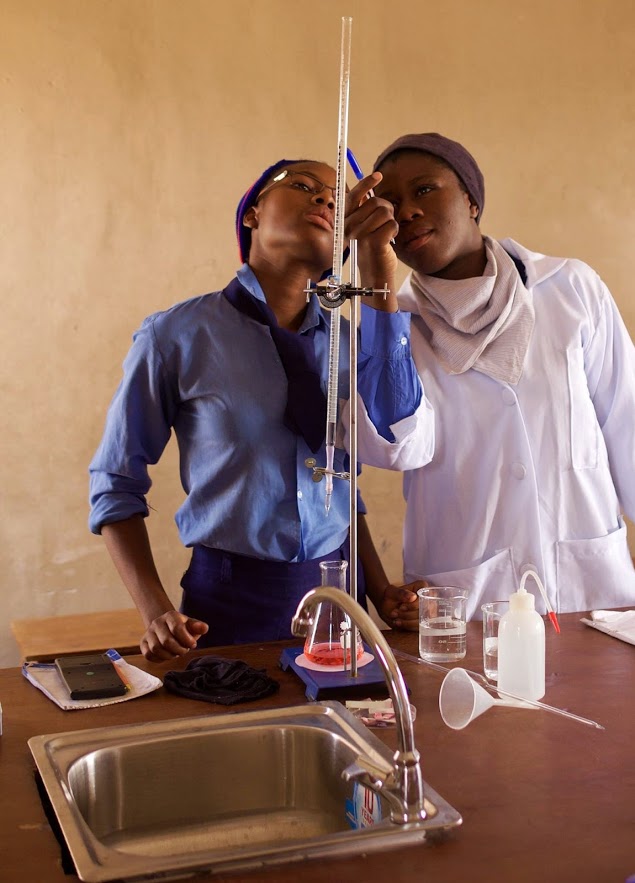|
Educating girls Among all of the news about education in northern Nigeria, one of the most compelling facts is how social, economic and political factors negatively influence education opportunities for girls. Issues around educating school-aged girls have been widely reported as challenging in many countries, but the numbers in northern Nigeria are eye-opening. For example, in many northern Nigerian states, more than 50% of young women ages 15-24 have no experience with formal education - See http:// www.epdc.org/epdc-data-points/schooling-northern- nigeria-challenges-girls-education. Equally disturbing is the fact that fewer than two thirds of girls who begin a primary school education actually graduate, and the numbers are even worse for girls who begin their secondary education. While these issues are certainly underscored and made worse by Boko Haram’s kidnapping of over 270 school girls earlier this year, extremist acts do not define the issue – there are many other factors influencing these challenges. For example, in regions where women have a lower social status, many parents opt for early marriage or to send their girls to work in markets rather than to school. Graceland International School is a co-educational facility, founded on the principle that girls deserve to have the same opportunities for education as boys. See http://www.theguardian.com/global-development/poverty-matters/2014/may/15/nigeria-girls-education-boko- haram.
0 Comments
Leave a Reply. |
This page compiles information from outside sources, as well as AEP's own blog updates.
Resources
All
ArchiveD News
April 2024
|
Learn More |
|
Support us |
Africa Education Partnership 501(c)3 | 99 Sand Hill Road, South Windsor CT 06074
Privacy Policy
Privacy Policy
© COPYRIGHT 2021. ALL RIGHTS RESERVED. Site by PluginMatter

 RSS Feed
RSS Feed